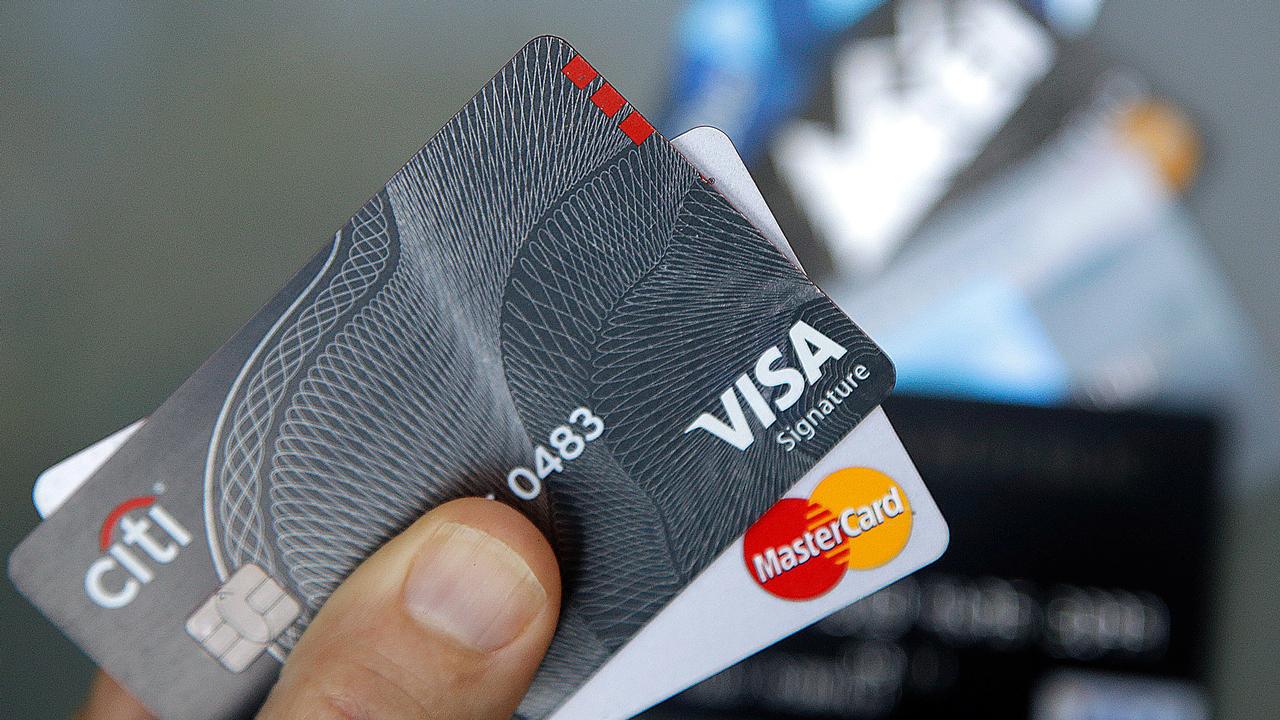Attn college grads: Do you know what's on your credit report?
If you’re a recent college grad, you’ve likely heard speeches about pursuing your passions and believing in yourself, but you probably haven’t heard much about your credit report.
While it isn’t a sexy graduation topic, it is one that can have a giant impact on your future. As you prepare for your next chapter, here’s what you need to know about credit.
Why it’s important
Qualifying for mortgages, auto loans, apartments, and even jobs are dependent on your credit history.
“Your credit rating comes into play for much more than just borrowing,” says Greg McBride, chief financial analyst at Bankrate.com.
No idea how your credit is? What your score even looks like?
Access your credit report by visiting www.annualcreditreport.com. You are entitled to one free copy of your credit report per year. Make sure all the information is accurate, and if you see any discrepancies, get them corrected right away.
How to build a credit history
The best time to build a credit history – which is one of the key factors making up your credit score - is when you’re young, says personal finance expert Lynnette Khalfani-Cox, founder of AskTheMoneyCoach.com.
And the best way to start a credit history is to get a credit card.
"This may sound counterintuitive, but if you don’t have a credit card, the scoring system has no information to go on for assessing your creditworthiness. You come across as a credit risk,” she says.
What your credit card options are
While many of the major issuers have cards that are geared toward new applicants with little or no credit history, you might stand a better chance of getting a card at a credit union.
Another option – especially if you don’t have any credit history or your credit is damaged - is to get a secured card, says McBride.
“You make a deposit, which usually equals the amount of your credit line. You can make modest purchases that you pay in full each month, and eventually get your deposit back and be converted to a traditional unsecured card,” McBride says.
How to use credit responsibly
The way to keep your credit score high is to spend responsibly within your means (don’t use more than 30 percent of your available credit), pay off your balances in full and on time every month (your payment history contributes to 35 percent of your credit score). And most importantly, stay out of debt.
CLICK HERE TO GET THE FOX BUSINESS APP
Sound easy enough? It’s not. Total household debt just rose for the 19th straight quarter. Delinquencies are also on the rise.
Vera Gibbons is the Founder of nonpoliticalnews.com which produces “NoPo” - a free daily newsletter that covers and curates non-political news only within Consumer/Personal Finance; Health & Wellness; Fashion/Beauty; Fitness/Diet.




















